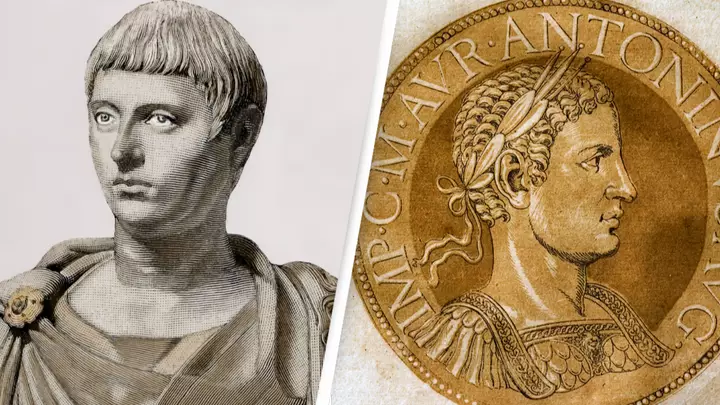A Roman Emperor has been reclassified as a trans woman by a UK museum following recent research.
In a discovery initially reported by the Telegraph, The North Hertfordshire Museum in the UK has decided to now refer to the emperor Marcus Aurelius Antoninus – more commonly referred to as Elagabalus – with she/her pronouns.
But how did this come about?

Well, according to classical texts, the museum discovered that Elagabalus had asked to be called ‘lady’ instead of ‘lord’, prompting the museum to make the change.
A museum spokesperson said: “[it’s] only polite and respectful to be sensitive to identifying pronouns for people in the past.”
Before making the recent announcement, the museum is said to have consulted LGBTQ+ charity, Stonewall, to ensure ‘displays, publicity and talks are as up-to-date and inclusive as possible.’
READ MORE
The UK museum has one coin of Elagabalus, something that is often displayed amongst other LGBTQ+ items in its large collection.
Keith Hoskins, Liberal Democrat councillor at North Herts Council, said: “Elagabalus most definitely preferred the she pronoun, and as such this is something we reflect when discussing her in contemporary times.
“We try to be sensitive to identifying pronouns for people in the past, as we are for people in the present. It is only polite and respectful. We know that Elagabalus identified as a woman and was explicit about which pronouns to use, which shows that pronouns are not a new thing.”
Elagabalus had quite the reputation back in the day, known for sexual promiscuity and became quite the controversial figure.

Historians working with the museum have said that feminine behavior displayed by a man in those times would not have been acceptable, with some historians having argued these accounts may have been an attempt at character assassination against Elagabalus.
“The Romans didn’t have our idea of ‘trans’ as a category, but they used accusations of sexual behaviour ‘as a woman’ as one of the worst insults against men,” said Andrew Wallace-Hadrill, a Cambridge classics professor.
Meanwhile, Prof Christian Laes, a University of Manchester classicist, added: “As regards trans, this was of course never seen as a category by the Romans. But it remains the case that in times of troubles and crisis, so-called transgressors of the sexual norms were subject to scapegoating.”
Elagabalus ruled the Roman Empire for just four years between 218AD and 222AD.
She, as the emperor is now known, was assassinated aged just 18.
